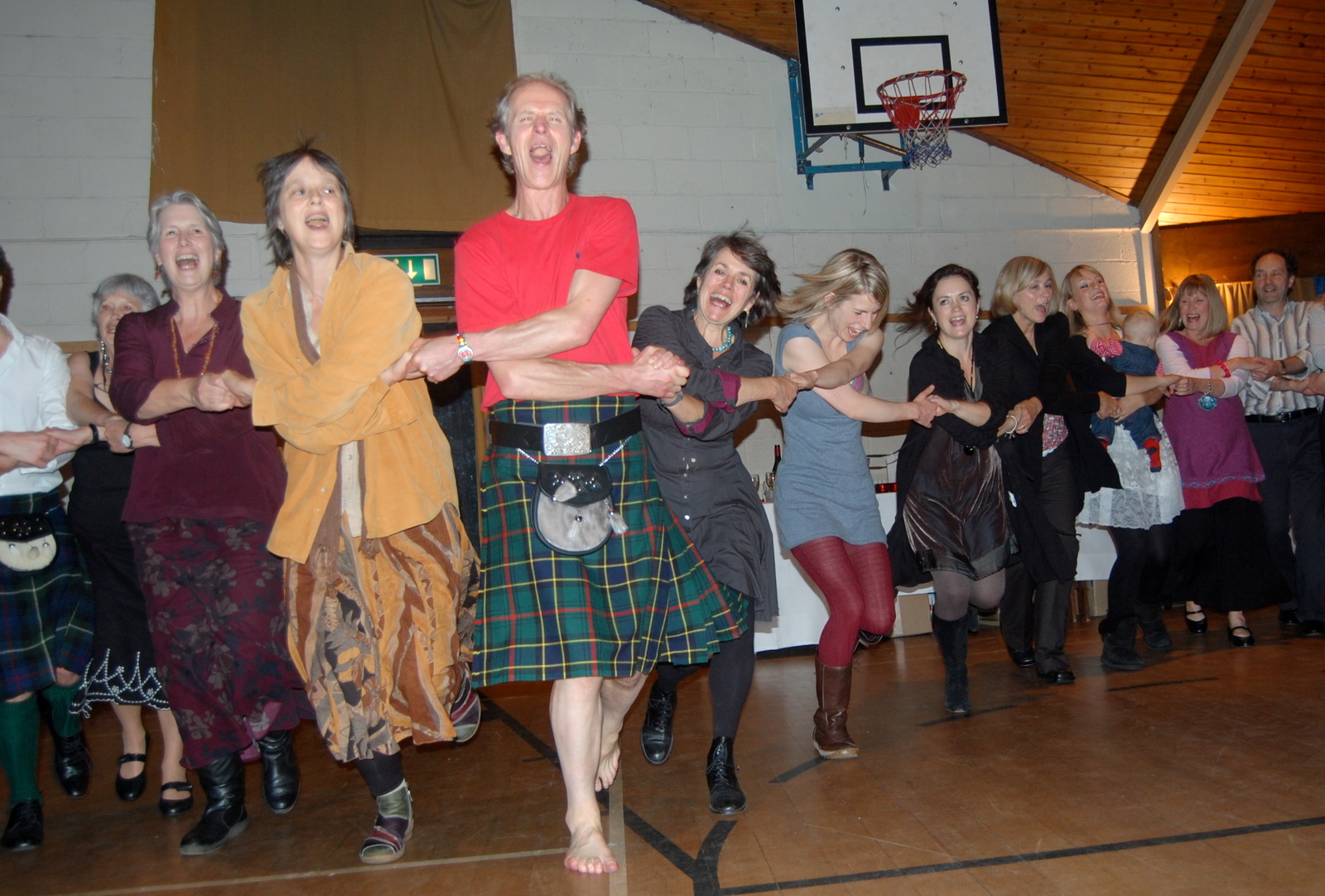Psychotherapy & positive psychology: outline of a workshop
Last updated on 4th April 2011
I've already written a couple of blog posts on the short day workshop I'm running early next month - "Psychotherapy & positive psychology: why psychotherapists should pay attention" and "Psychotherapy & positive psychology: the assessment dashboard". On the day itself I plan to start with a little background on what positive psychology is and how it has developed, then comment on why it's so relevant for psychotherapists, discuss assessment issues, and finally give examples by introducing three areas - self-determination theory, positive emotions, and self-compassion.

